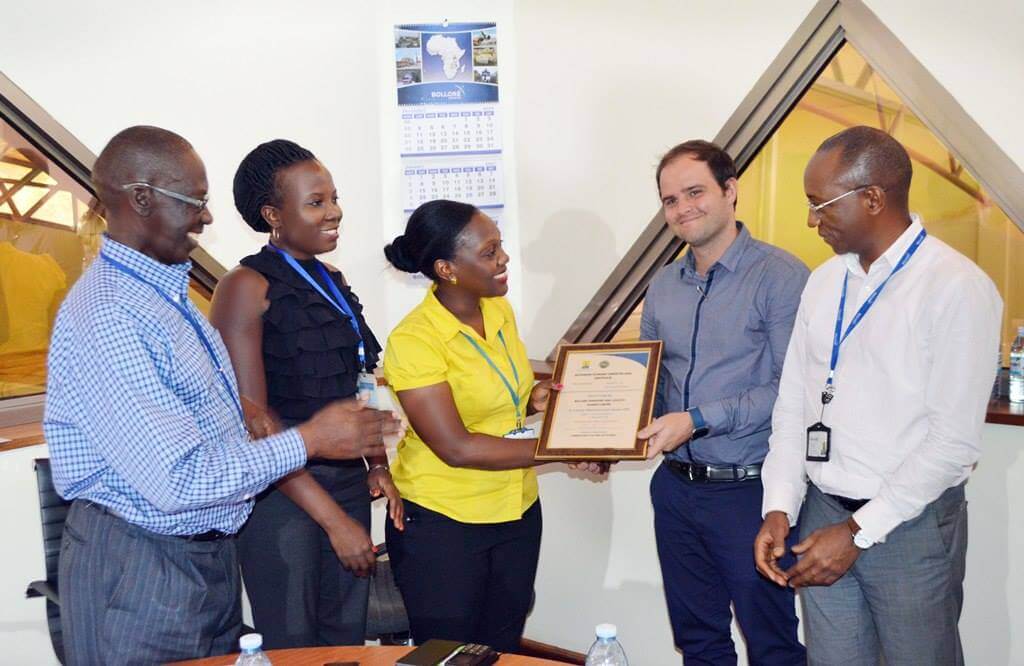Authorised Economic Operator programme earns rewards for traders
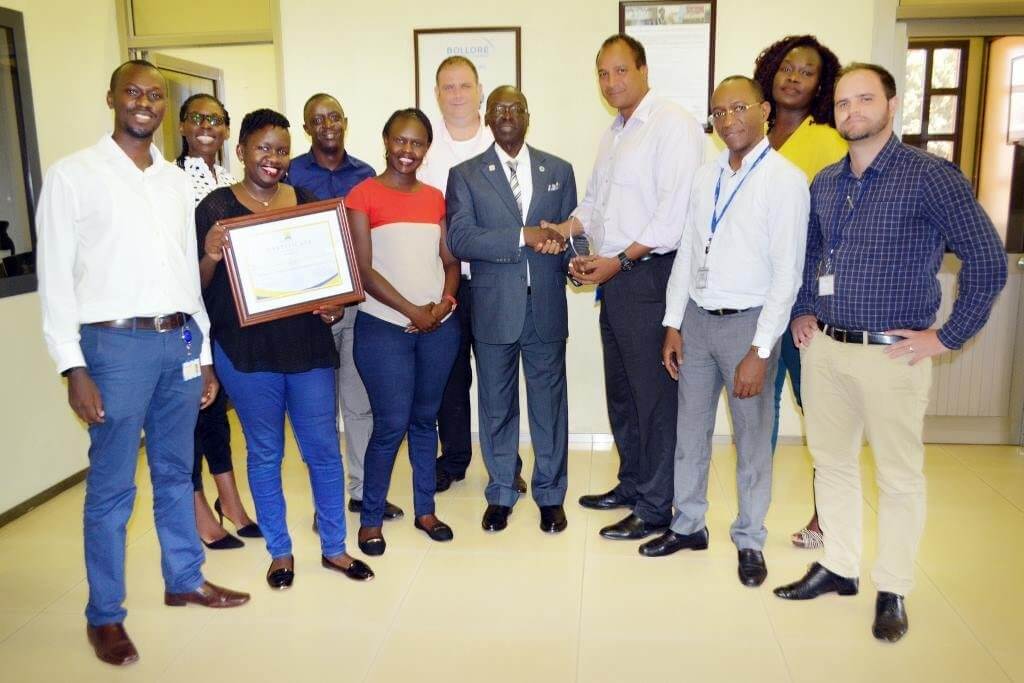
For business owners, time is money and delays that hold up delivery of goods represent loss of potential earnings. In Uganda, an AEO programme funded by United Kingdom’s Department for International Development (DFID) through TradeMark Africa (TMA) is helping businesses overcome delays by encouraging voluntary compliance.
Richard Lubuulwa, inbound Logistics Manager at Nice House of Plastics, a leading manufacturer in Uganda, recounts the costly delays he used to face importing goods from Kenya to Kampala before his company acquired Authorized Economic Operator (AEO) status with the Uganda Revenue Authority (URA). “Whenever we had a truck coming from Kenya, I would personally travel to Malaba or Mombasa to ensure that the truck was cleared. I spent a lot of money making such travels because whenever we let the truck driver deal with the authorities, we would experience days and days of delays. It was costly and tiresome.”
This changed once Nice House of Plastics became an AEO five years ago. AEO is a voluntary compliance scheme aimed at facilitating global trade anchored on the World Customs Organisation (WCO) framework of standards.
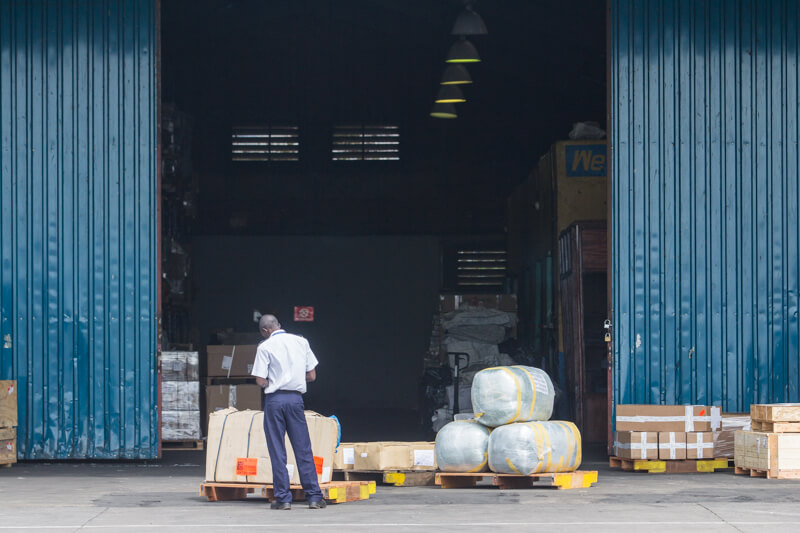
Built upon the World Customs Organisation SAFE Framework of Standards to Secure and Facilitate Global Trade (SAFE Framework) AEO programme’s goal is to enhance security, deter international terrorism, secure revenue collection and increase the efficiency of the supply chain in relation to cross border transportation of goods. Therefore, an AEO is a business entity involved in international trade and has a proven track record of compliance with customs regulations and has thus been allowed to self-manage parts of customs processes such as submitting electronic supporting documents and self-managing bonded warehouses.
AEO status earns companies like Nice House of Plastics priority treatment from URA with rewards ranging from faster clearance of goods to self-management of select customs processes. This reduction in transport and clearance time has resulted in cost savings leading to expansion of the company which now employs more people. “Our growth has been exponential because of the AEO status. Our dream of becoming a giant player in the East African market is becoming a reality. In fact, we now want to begin exporting to Egypt. Our knowledge and networks have grown along with us as well – being an AEO means we have participated in trainings and knowledge transfer sessions organized by TMA,” says Richard. This growth is replicated across 66 other companies that have acquired the status, such as Bollore Transport and Logistics.
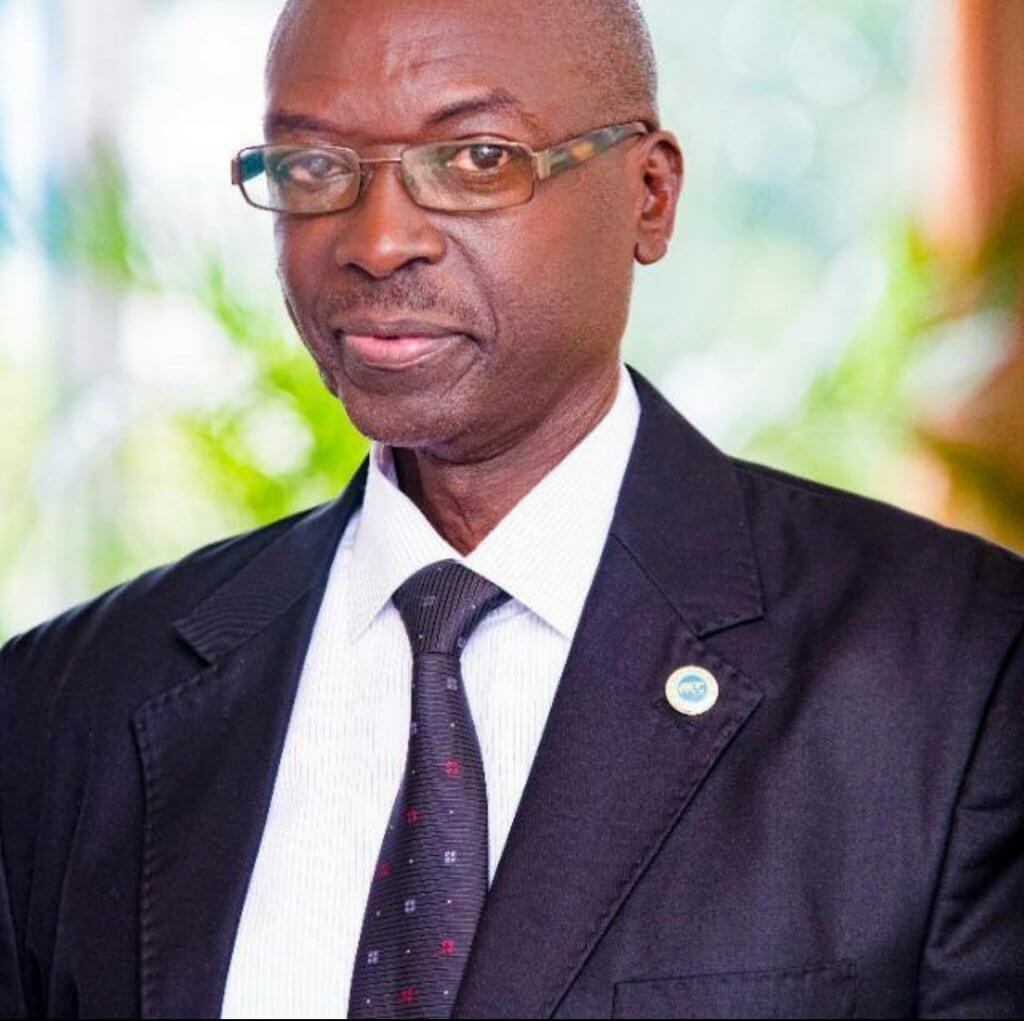
Charles Mwebembezi works as the Customs Relations Manager at Bollore Transport and Logistics, a company that obtained national AEO status in 2013, and 4 years later in 2017 acquired regional AEO status. Having been on this job since 2000, Mwebembezi has a first-hand account of the numerous benefits the AEO status has brought. “AEO status has enabled us to carry out business with significantly reduced interruptions,” he says as he explains that one of the big benefits is the annual automatic renewal of customs licenses, partly because the status exempts them from yearly audits and competence tests and so a simple letter of intent to URA means they can obtain license renewal within a week.
This is a process that takes non AEO’s atleast 3 months. “Previously, the license renewal process was cumbersome. It could take up to three months of hard work to get a renewal, and many businesses were frustrated by this as their operations were hampered and therefore their profits cut short,” says Mwebembezi. Other benefits include the option of choosing where customs will physically examine their cargo, dependent on their needs and convenience should their cargo be selected for examination. Alongside other cost-saving benefits, AEOs are exempted from withholding tax and self-manage their bonded warehouses.
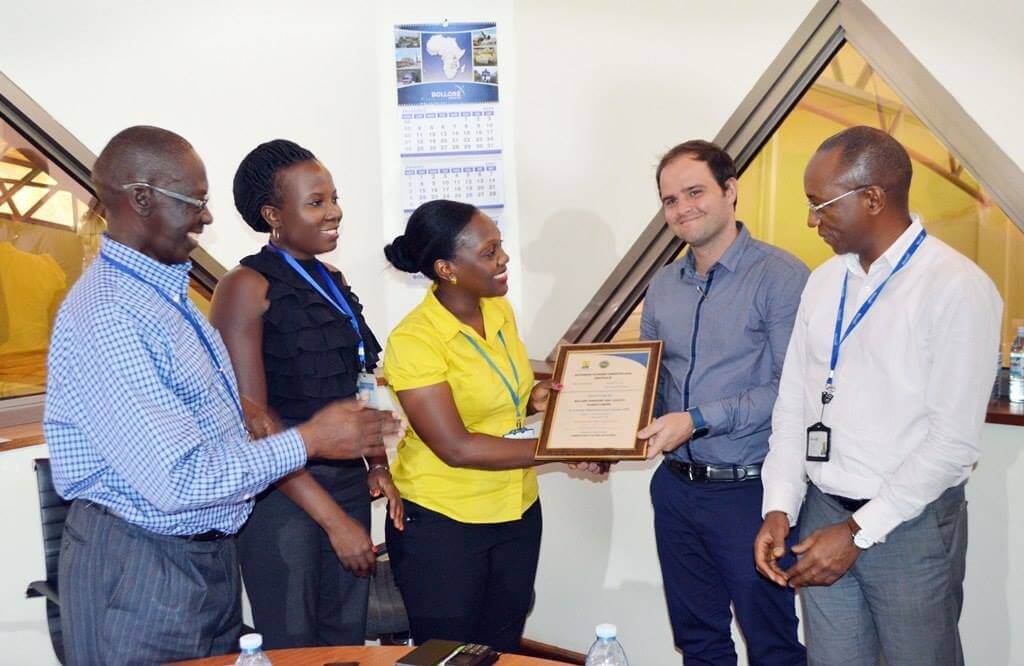
Data from URA show that the 67 AEO’s have reduced their clearance time from an average of four days to a new average of under eight hours. The savings in time translate to savings in costs, with some AEOs reporting direct cost savings of between US$100 to US$700 per transaction, allowing them to price their products competitively while growing their share of the market in Uganda.
This translates to growth, as Oliver Wells the Managing Director of Bollore Logistics points out. The company has recorded an annual increment of “16% in tonnage,” which is a win for a company that measures its success on volumes hauled along East Africa’s key transport corridors. Wells notes that, “this is a significant improvement of revenue for the company,” which now hires more than 300 people and has a presence in all border stations in Uganda. Part of the growth, in addition to obviously a good business strategy, can be pegged to easier marketing as a result of enhanced reputation from the AEO status and resultant efficiency. In December 2017, URA awarded Bollore as the best AEO within the clearing and forwarding industry in that year, and this “has made it easy to market and win new clients. Clients see our AEO status and that wins their trust.”
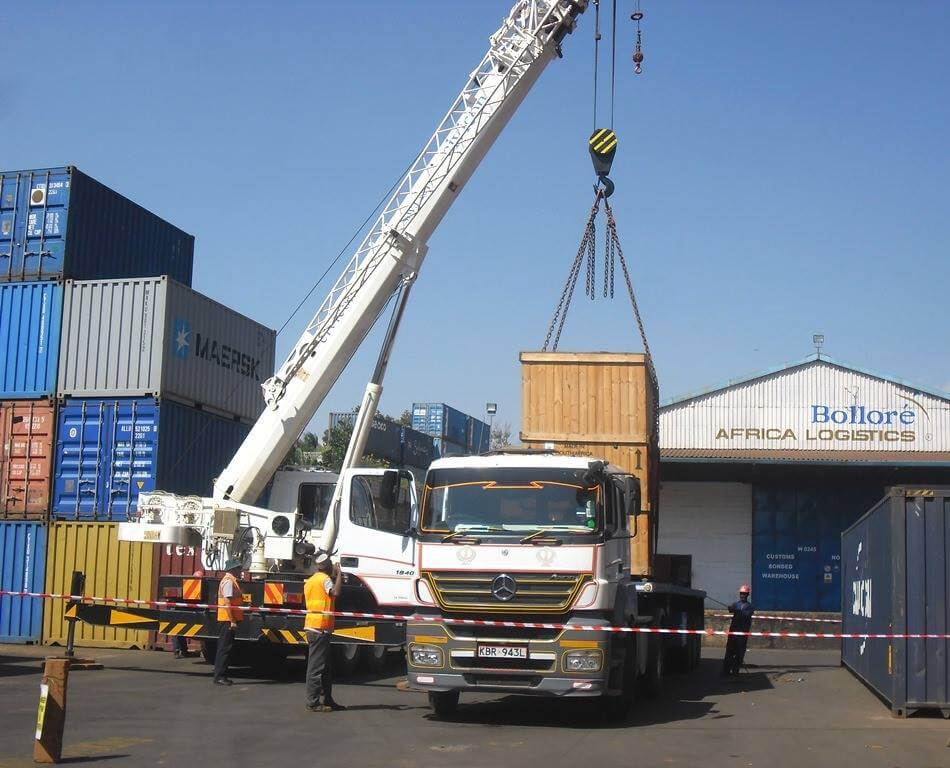
Rumanyika Charles, Manager at URA leading on the implementation of the AEO program, says, “The traditional customs approach centered around control which would entail cumbersome physical checks. The AEO program recenters URA’s customs approach around trust and rewards businesses and entities that have proven themselves to be trustworthy by reducing and even eliminating some of these controls. They can then pass on these savings to the consumer, and ultimately contribute to the growth of the Ugandan economy.”
The benefits of AEO transcend the business to impact individual employees as Mwebembezi notes that his productivity has improved and his job satisfaction at an all-time high. “Sometimes we experience unnecessary delays and all I have to do now is call the AEO liaison office and the issues are resolved. I don’t need to travel miles away. This has made my life easier.” Charles explains that the new status has instilled a culture of compliance within the company. “Staff care about their jobs and this company, and they are all aware that we must be compliant to protect our AEO status. We collectively ensure that anything that can compromise our position as an AEO is dealt with.” To increase their competitiveness, Bollore Transport and Logistics has set a key performance indicator (KPI) of under 2 hours for clearance of goods. This, notes Charles, is a significant improvement from the up-to 24 hours that it used to take to go through the same processes.
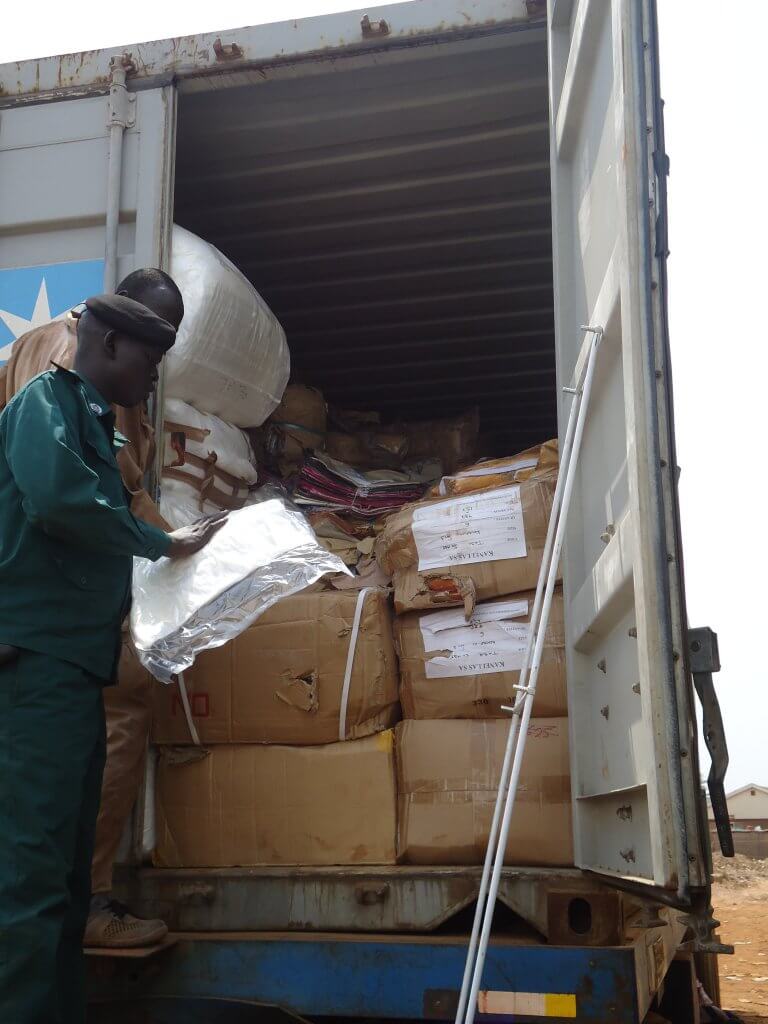
TradeMark Africa (TMA) is an aid-for-trade organisation that was established with the aim of growing prosperity in East Africa through trade. TMA operates on a not-for-profit basis and is funded by the development agencies of the following countries: Belgium, Canada, Denmark, European Union, Finland, Ireland, the Netherlands, Norway, UK and USA. TMA works closely with East African Community (EAC) institutions, national governments, the private sector and civil society organisations.
To encourage more compliant companies to join the programme, URA has partnered with TMA to automate AEO processes which will make it easier to identify and register new companies. An automated system will expand reach to more businesses. AEOs contribute around 40% of Ugandan customs revenue collection, its growth therefore makes it a boon for the Ugandan economy.

